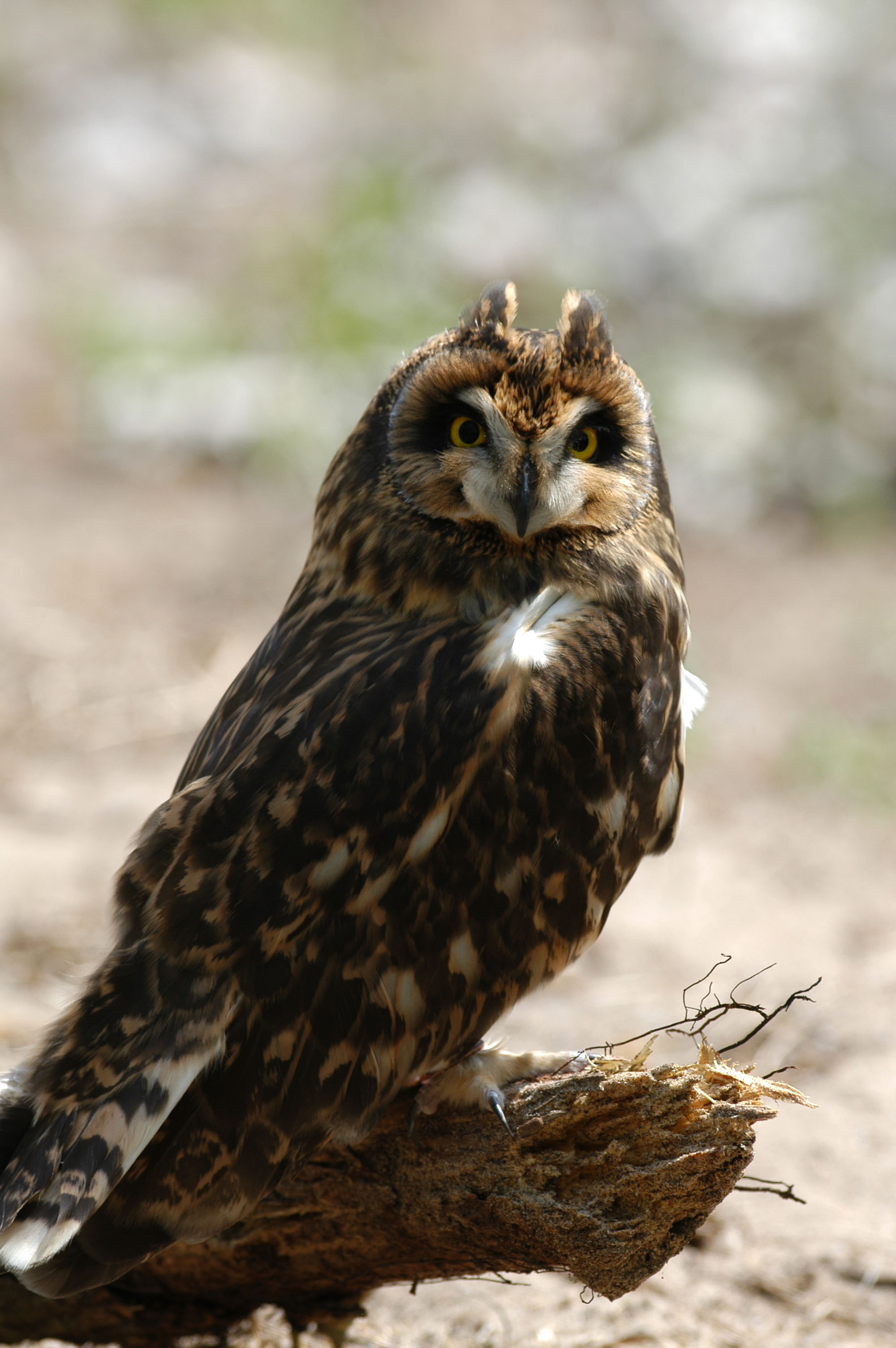
adjective
- having ears or earlike appendages.
noun
- the part of a cereal plant, as corn, wheat, etc., that contains the flowers and hence the fruit, grains, or kernels.
verb (used without object)
- to form or put forth ears.
verb (used with object) British Dialect.
- to plow; cultivate.
adjective
-
- having an ear or ears
- (in combination)long-eared; two-eared
noun
- the organ of hearing and balance in higher vertebrates and of balance only in fishes. In man and other mammals it consists of three partsSee external ear, middle ear, internal ear Related adjectives: aural, otic
- the outermost cartilaginous part of the ear (pinna) in mammals, esp man
- the sense of hearing
- sensitivity to musical sounds, poetic diction, etche has an ear for music
- attention, esp favourable attention; consideration; heed (esp in the phrases give ear to, lend an ear)
- an object resembling the external ear in shape or position, such as a handle on a jug
- Also called (esp Brit): earpiece a display box at the head of a newspaper page, esp the front page, for advertisements, etc
- all ears very attentive; listening carefully
- by ear without reading from written music
- chew someone’s ear slang to reprimand severely
- fall on deaf ears to be ignored or pass unnoticed
- have hard ears Caribbean to be stubbornly disobedient
- a flea in one’s ear informal a sharp rebuke
- have the ear of to be in a position to influencehe has the ear of the president
- in one ear and out the other heard but unheeded
- keep one’s ear to the ground or have one’s ear to the ground to be or try to be well informed about current trends and opinions
- make a pig’s ear of informal to ruin disastrously
- one’s ears are burning one is aware of being the topic of another’s conversation
- out on one’s ear informal dismissed unceremoniously
- play by ear
- to act according to the demands of a situation rather than to a plan; improvise
- to perform a musical piece on an instrument without written music
- prick up one’s ears to start to listen attentively; become interested
- set by the ears to cause disagreement or commotion
- a thick ear informal a blow on the ear delivered as punishment, in anger, etc
- turn a deaf ear to be deliberately unresponsive
- up to one’s ears informal deeply involved, as in work or debt
- wet behind the ears informal inexperienced; naive; immature
noun
- the part of a cereal plant, such as wheat or barley, that contains the seeds, grains, or kernels
verb
- (intr) (of cereal plants) to develop such parts
“organ of hearing,” Old English eare “ear,” from Proto-Germanic *auzon (cf. Old Norse eyra, Danish øre, Old Frisian are, Old Saxon ore, Middle Dutch ore, Dutch oor, Old High German ora, German Ohr, Gothic auso), from PIE *ous- with a sense of “perception” (cf. Greek aus, Latin auris, Lithuanian ausis, Old Church Slavonic ucho, Old Irish au “ear,” Avestan usi “the two ears”).
The belief that itching or burning ears means someone is talking about you is mentioned in Pliny’s “Natural History” (77 C.E.). Until at least the 1880s, even some medical men still believed piercing the ear lobes improved one’s eyesight. Meaning “handle of a pitcher” is mid-15c. (but cf. Old English earde “having a handle”). To be wet behind the ears “naive” is implied from 1914. Phrase walls have ears attested from 1610s. Ear-bash (v.) is Australian slang (1944) for “to talk inordinately” (to someone).
“grain part of corn,” from Old English ear (West Saxon), æher (Northumbrian) “spike, ear of grain,” from Proto-Germanic *akhaz (genitive *akhizaz; cf. Dutch aar, Old High German ehir, German Ähre, Old Norse ax, Gothic ahs “ear of corn”), from PIE root *ak- “sharp, pointed” (cf. Latin acus “husk of corn,” Greek akoste “barley;” see acrid).
n.
- The organ of hearing, responsible for maintaining equilibrium as well as sensing sound and divided into the external ear, the middle ear, and the inner ear.
- The part of this organ that is externally visible.
- The sense of hearing.
- The vertebrate organ of hearing, which in mammals is usually composed of three parts: the outer ear, middle ear, and inner ear. The organs of balance are also located in the ear.
- An invertebrate organ analogous to the vertebrate ear.
- The seed-bearing spike of a cereal plant, such as corn or wheat.
The organ of hearing, which also plays a role in maintaining balance. It is divided into the outer ear (from the outside to the eardrum), the middle ear, and the inner ear.
In addition to the idioms beginning with ear
- early bird catches the worm
- early on
- early to bed, early to rise (makes a man healthy, wealthy, and wise)
- earn one’s keep
- earn one’s stripes
- ears are burning, one’s
- ear to the ground, have one’s
also see:
- all ears
- believe one’s ears
- bend someone’s ear
- can’t make a silk purse out of sow’s ear
- coming out of one’s ears
- cute as a button (bug’s ear)
- fall on deaf ears
- flea in one’s ear
- have someone’s ear
- in one ear and out the other
- lend one’s ear
- music to one’s ears
- out on one’s ear
- pin someone’s ears back
- play by ear
- prick up one’s ears
- put a bug in someone’s ear
- turn a deaf ear
- up to one’s ears
- walls have ears
- wet behind the ears
 Liberal Dictionary English Dictionary
Liberal Dictionary English Dictionary




